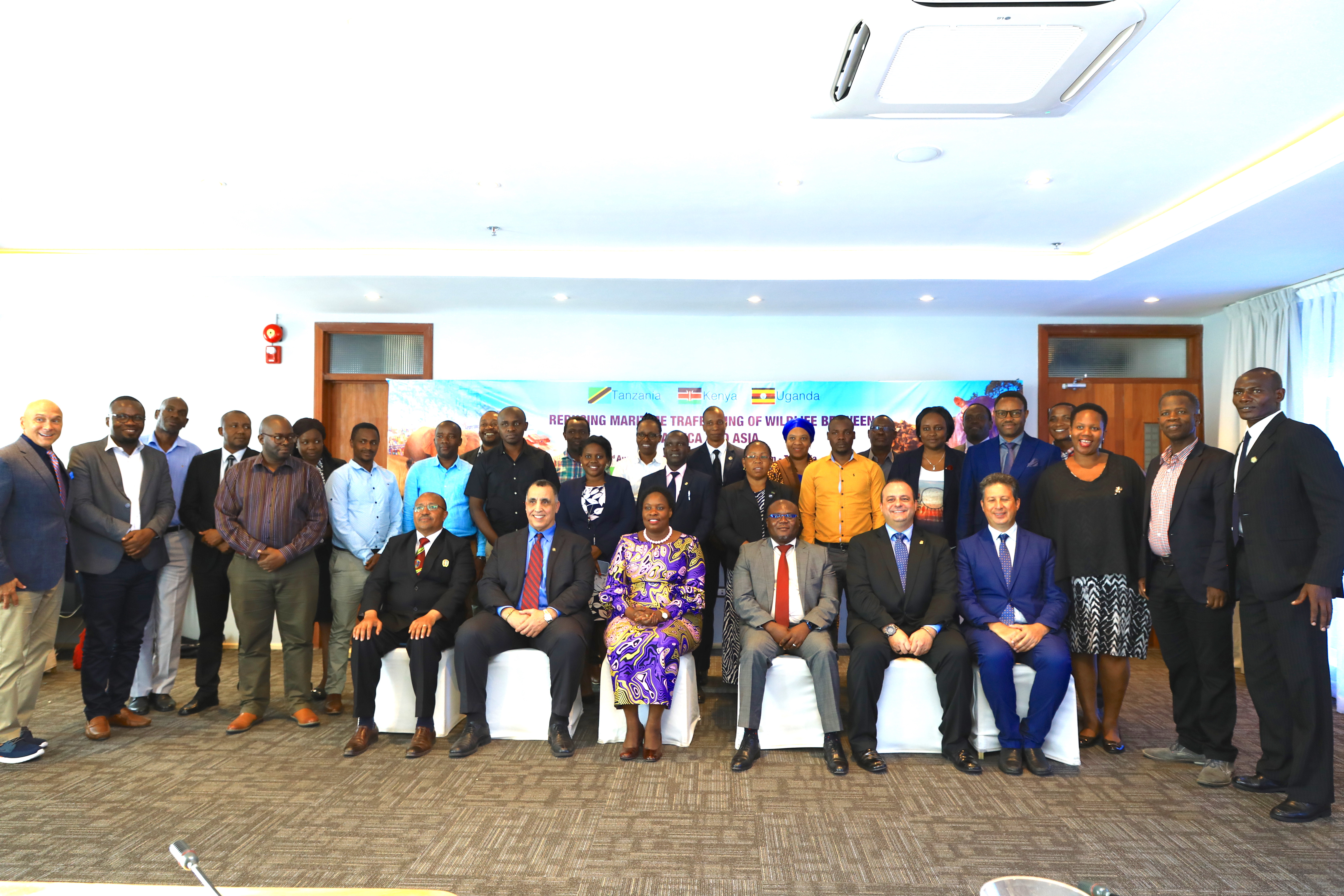

Wildlife crime is not purely a conservation issue, as its adverse impacts also threaten sustainable development, good governance, rule of law, and national security.
The aim of this building block is to identify the risks and vulnerabilities of money laundering and how it relates to wildlife crimes. Additionally, this building block endeavours to provide guidance and recommendations to law enforcement and related personnel to enhance the financial aspect of wildlife crime investigations.
Fraudulent paperwork can transform wildlife contraband into seemingly legitimate merchandise, enabling it to be openly traded and evade interdiction. There are many schemes that criminals use to create fraudulent wildlife paperwork, including false declarations of captive breeding, purchasing paperwork from corrupt officials, forging paperwork, re-using or altering old permits, etc. Forensic accounting is therefore an important building block
Transnational organised crime is found wherever money can be made from illicit dealings, and well-organised criminal groups have turned illegal exploitation of wildlife into a professional business with lucrative revenues. Criminal groups exploit gaps in legislation, law enforcement and the criminal justice system; and the generally weak legislation and inadequate law enforcement in wildlife protection has enabled wildlife criminal groups to flourish. Forensic accounting allows practitioners to close these gaps and bolster wildlife protection.
In order to capitalise on enhanced forensic accounting, complementary legislation should enable wildlife crime to be considered a predicate offence for money laundering, so that anti-money laundering tools can be used. Governments should review their criminal legislation to ensure that law enforcement agencies are fully authorised to follow the financial flows related to wildlife crime and to prosecute money laundering offences.
Domestic multi-agency cooperation should be common practice for wildlife crimes, involving police, customs, environmental authorities, Financial Investigation Units (FIUs), prosecutors, and other relevant domestic agencies for sharing information, intelligence, and conducting joint investigations where appropriate. Joint investigative teams which include FIUs are essential to target criminal networks and not just low-level offenders, and have long been used successfully to address other serious crime types.